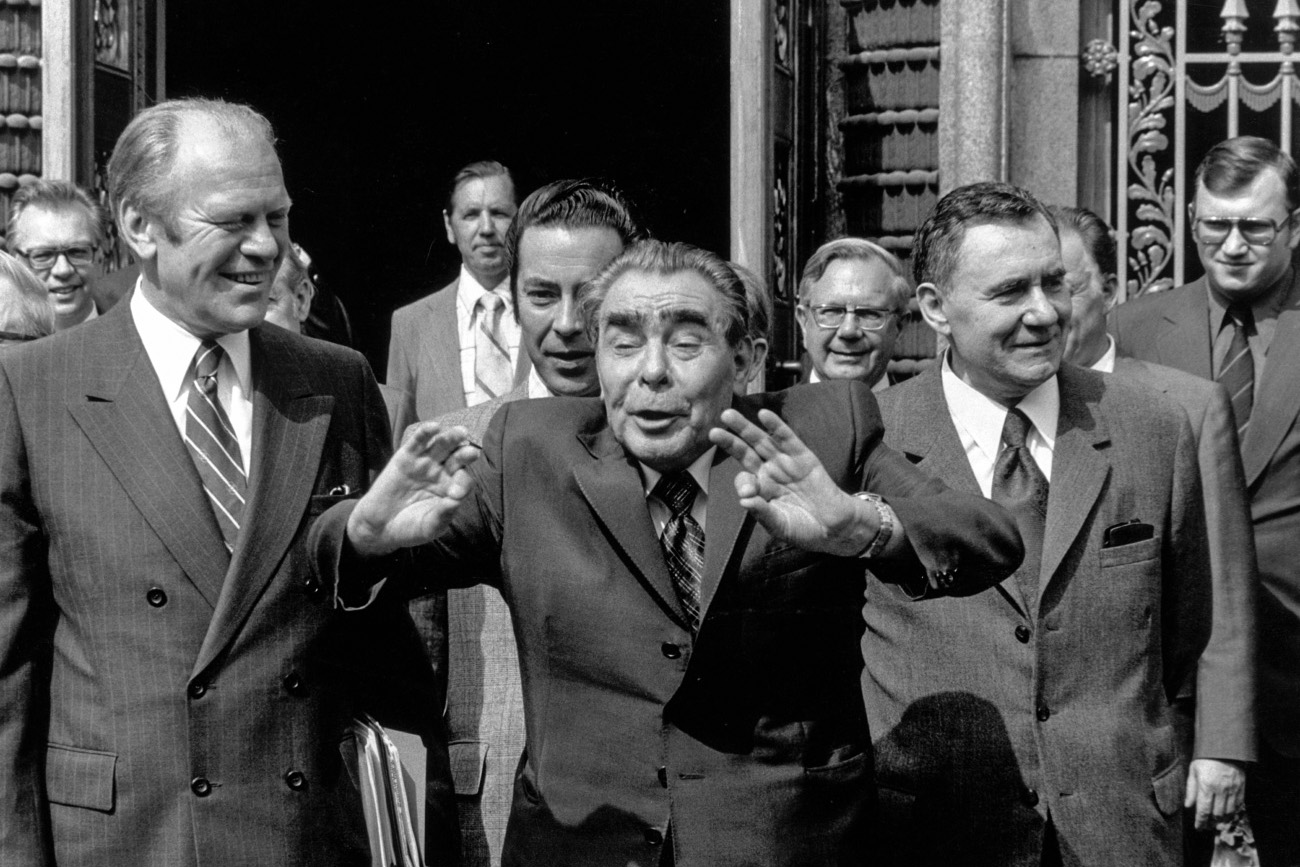
Protecting “Swiss made” brand divides opinion

Moves to tighten regulations that protect the reputation of Swiss made goods have thrown up a host of complications following a vast consultation.
The government wants to replace vague laws with concrete rules to crack down on abuses of “made in Switzerland” and Swiss cross labels. Consumer groups have welcomed the idea, but business leaders want flexibility.
The consultation threw up the proposals that 60 per cent of manufacturing costs should be in Switzerland and that food products should be made of at least 90 per cent home-grown ingredients to qualify as Swiss made.
The Consumer Protection Association wants to see for example an end to Swiss branded cheeses containing milk from Polish or German cows.
“This is absurd. For Swiss consumers the milk in Swiss cheeses comes from Swiss cows. Whatever has a Swiss cross or Swiss origin on it must have Swiss [ingredients] in it,” the association stated.
However, food giant Nestlé did not think that the origin of raw materials made much of a difference to consumers.
“I don’t think people really mind where the milk comes from when they buy, for example, chocolate. They buy it because they like the finished product,” spokesman Francois-Xavier Perroud told swissinfo.
Flexibility needed
The Swiss Business Federation, economiesuisse, agrees with the principle that the reputation of Swiss goods needs protecting.
“When consumers see ‘Swiss made’ they expect high quality to be behind it. If these expectation are disappointed then it could damage our industries,” Federation legal expert Urs Furrer told swissinfo.
But he warned that raw materials not available in Switzerland should be taken into account when defining the Swissness of products.
The 60 per cent manufacturing benchmark would also include research and development costs. But Furrer said that if regulations were too strict, it could harm firms forced to produce abroad to remain competitive.
“This is fine as a general guideline but it cannot be a strict rule for all sectors and products – we need some flexibility. The goal is to have some specific part of manufacturing in Switzerland,” he said.
Coat of arms
The authorities also want to amend trademark rules concerning the use of the Swiss cross emblem as a marketing tool. This practice is outlawed, even though some firms have ignored the ban for decades.
The proposed change would allow the use of the Swiss cross, while reserving the public coat of arms for official federal use only.
Swiss Army Knife manufacturers Victorinox, which has used the Swiss coat of arms for nearly 100 years, said it would resist such a move.
Automobile association Touring Club Switzerland (TCS) estimated rebranding would cost up to SFr13 million ($12.9 million) if the coat of arms was removed from its logo.
“We have used the emblem since we founded in 1896 so I don’t see any reason to give it up. I hope they will make an exception,” TCS spokesman Stephan Müller told swissinfo.
There’s still some hope.The consultation exercise did throw up the proposal that companies already intrinsically associated with the coat of arms should be allowed to keep them as a part of their brand.
swissinfo, Matthew Allen
Former Justice Minister Christoph Blocher launched the Swissness campaign in 2006, citing examples of cosmetics and saucepans claiming to be Swiss made despite being manufactured in Germany and China.
The government could spend some months examining the findings of the consultation process, which ended on Monday, before deciding on how to proceed.
The use of “Swiss” and “Swiss made” is not clearly defined, with previous court rulings providing only loose guidelines. The government has only defined rules for the watch industry.
Under current legislation the Swiss cross may not be registered as a brand nor put on products that are sold commercially. Reality shows that there is frequent abuse of the present system, in particular because the “Switzerland” brand does not exist in the legal sense.
For both Swiss and foreign consumers, “Swissness” brings to mind “a healthy, well-ordered, efficient world”, according to a 2006 government report.
It also has connotations of “precision, meticulousness, reliability and thoroughness”.
“Swissness” is also a synonym for innovation, exclusive products and excellent services. It refers to a country that is “rich in various cultures, cosmopolitan and open to the world”.
In short, it is a term that is positive and can be used to promote business. Half of companies distributing Swiss products say add the “Swiss” label to their own brand.

In compliance with the JTI standards
More: SWI swissinfo.ch certified by the Journalism Trust Initiative






































You can find an overview of ongoing debates with our journalists here . Please join us!
If you want to start a conversation about a topic raised in this article or want to report factual errors, email us at english@swissinfo.ch.